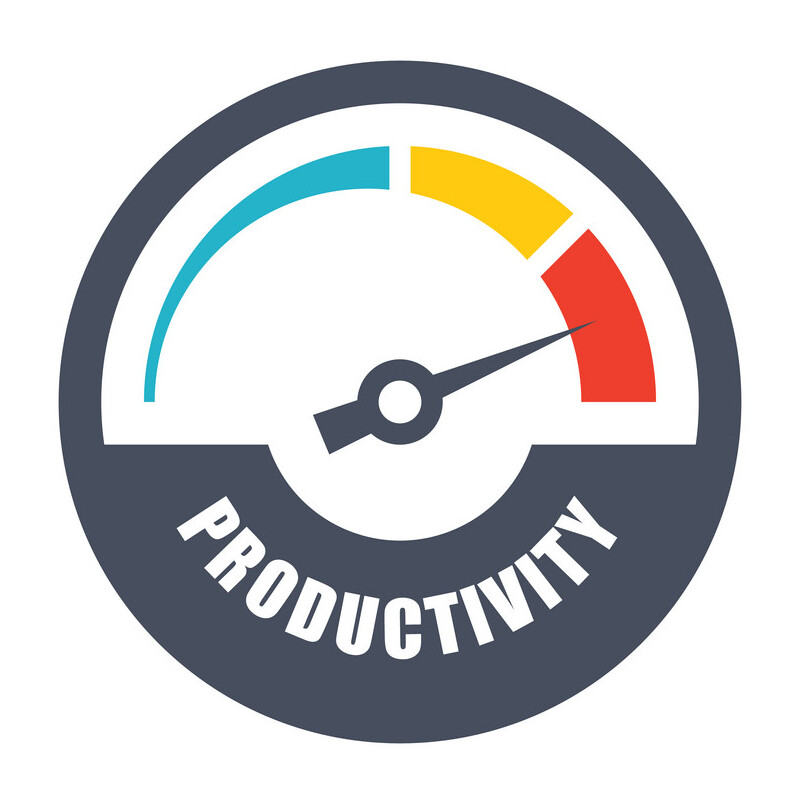
Productivity
We all have the same 24 hours in a day - The difference is that some are able to get far more out of it than others. Here's what they're doing that others aren't.
Explore Jobs By LevelEntry-Level Software Engineer JobsMid-Level Software Engineer JobsSenior Software Engineer JobsStaff Software Engineer Jobs
Explore TrendingLayoffsPerformance Improvement PlanSystem DesignInterpersonal CommunicationTech Lead